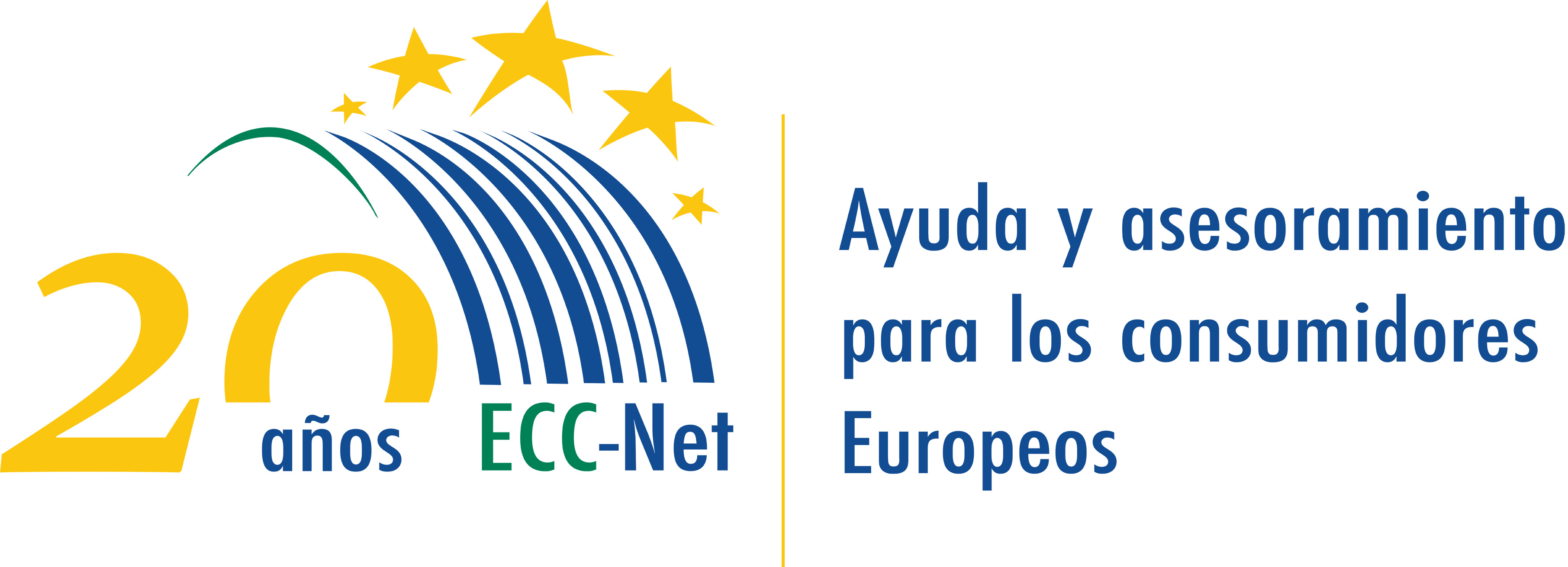
On 21 October, the European Consumer Centre in Spain (ECC-Spain) received a study visit from the European Consumer Centre in Austria, following on from the meeting held in Vienna on 30 September and 1 October, in which CEC-Spain participated alongside the European Consumer Centres of the Czech Republic, Lithuania, Slovakia and Austria.
During the study visit, the directors of the European Consumer Centres in Austria and Spain, Reinhold Schranz and Lidia Algara, together with representatives from the working teams of both centres, addressed various issues aimed at improving the efficiency of cross-border complaint management and strengthening cooperation between the two centres, while also analysing the role played by Alternative Dispute Resolution (ADR) mechanisms. In this regard, both directors reflected on the need to improve the dissemination of these types of mechanisms so that they are better known and used by both consumers and businesses, as they allow conflicts to be resolved quickly and economically without the need to resort to legal action.
Likewise, the large number of options for filing complaints was highlighted, which often leaves citizens unsure of where or how to file a complaint. In this context, ECC-Spain's legal advisers highlighted three of the many ADR options that currently exist: mediation, conciliation and arbitration.
The meeting also provided an opportunity to explain the particularities of the European Small Claims Procedure. Regulated by Regulation 861/2007, this is a relatively simple legal procedure that can be used by both individuals and companies, without the need for a solicitor, by means of standardised forms that consumers can submit in their own language to the courts in their municipality. The process simplifies, speeds up and reduces procedural costs in cross-border claims within the Union (except Denmark) for amounts up to €5,000. Furthermore, unlike most Member States, in Spain citizens are exempt from paying court fees for using this process.
On the other hand, the common challenges currently faced by the ECC-Net network, which brings together all European Consumer Centres in Europe, were also analysed, following the significant increase in complaints received in 2025, as well as the measures needed to optimise procedures and customer service. Similarly, the most frequent complaints raised by European consumers were reviewed, analysing the trends detected and the strategies adopted by each ECC to resolve them in a more agile and coordinated manner.
With regard to communication initiatives, the important role played by the ECC-Net network in disseminating local information so that citizens are better informed about their rights and can enjoy all the advantages offered by the single market was highlighted. Similarly, consideration was given to the challenge of integrating artificial intelligence tools into the system used by the ECC-Net network, which would optimise the management and resolution of complaints.
In short, this exchange of experiences has made it possible to identify good practices and strengthen collaboration between centres, with the common goal of continuing to improve the protection of consumer rights within the European internal market.
About the European Consumer Centre in Spain (CEC-Spain)
The European Consumer Centre in Spain is a project co-financed by the European Union and the Ministry of Consumer Affairs. The Centre is part of the ECC-Net (European Consumer Centre-Network), which comprises each of the European Consumer Centres in the Member States, as well as Norway and Iceland. Since its creation in 2005, each of these Centres has been offering free, personalised information, assistance and advice to national consumers who have problems with transactions carried out with companies based in another country in the ECC-Net network, as well as in the United Kingdom. The aim is to help citizens understand their rights as consumers and enjoy all the advantages offered by the single market.